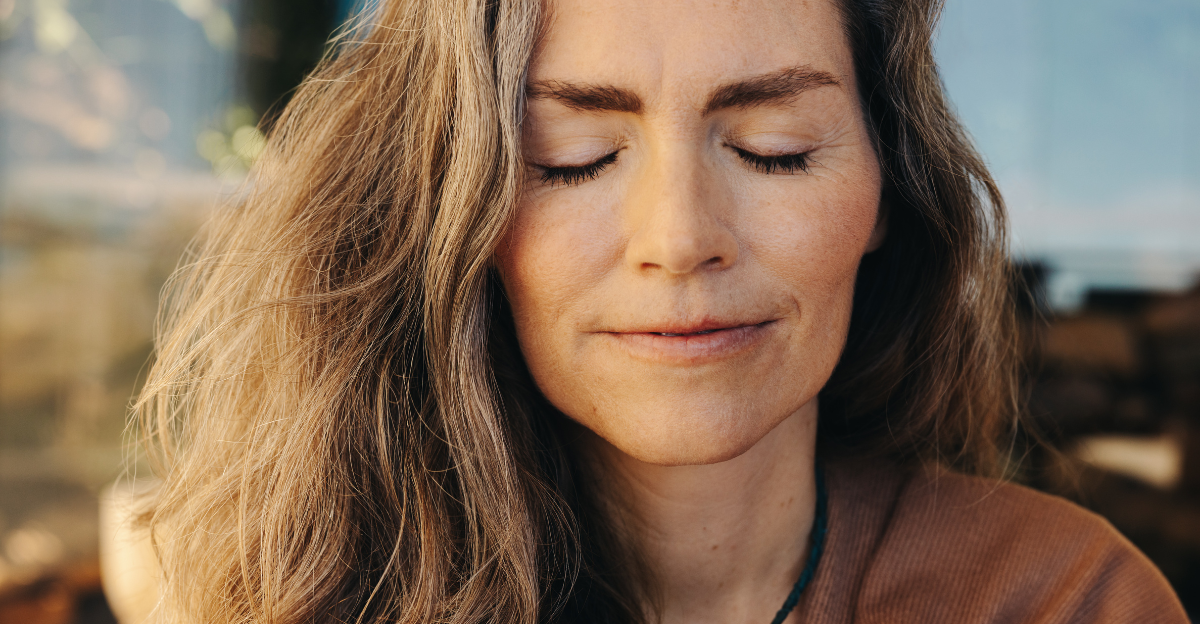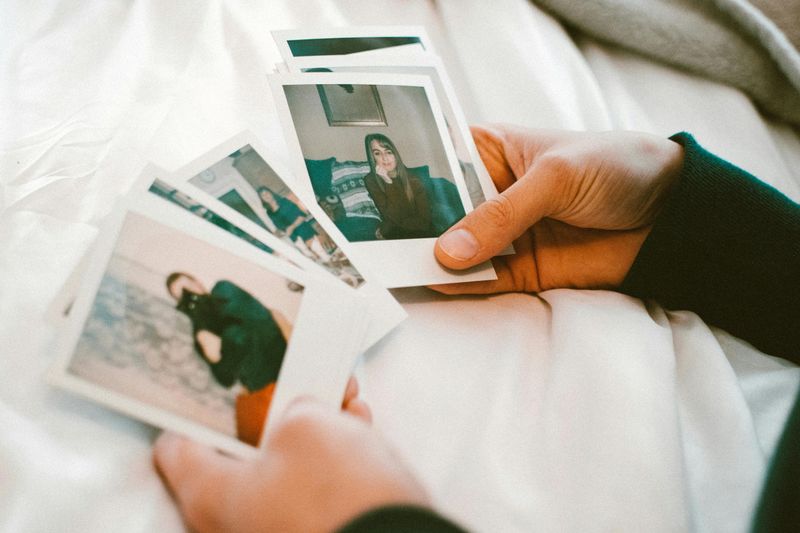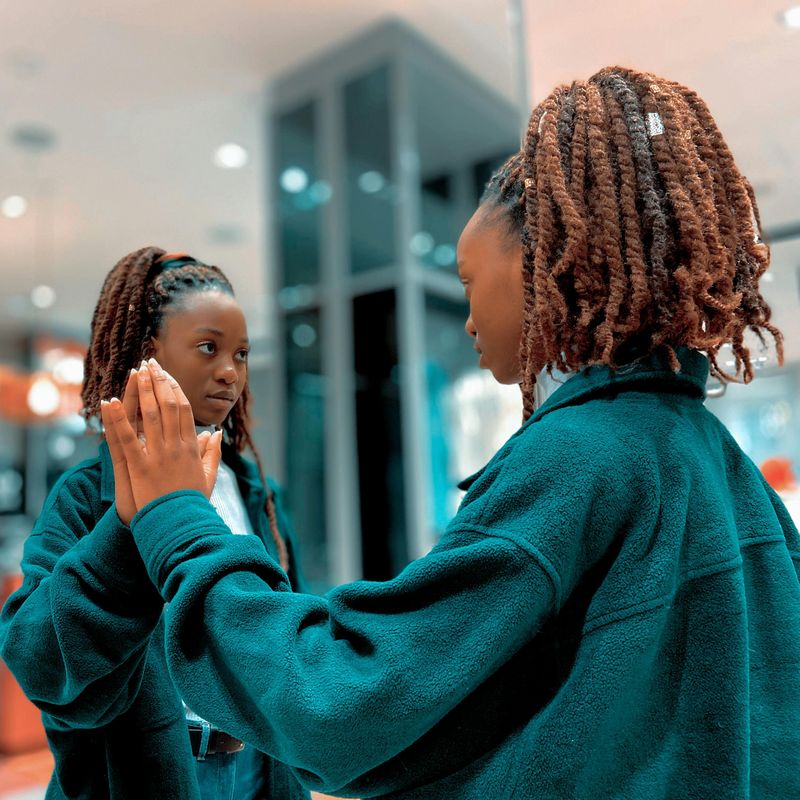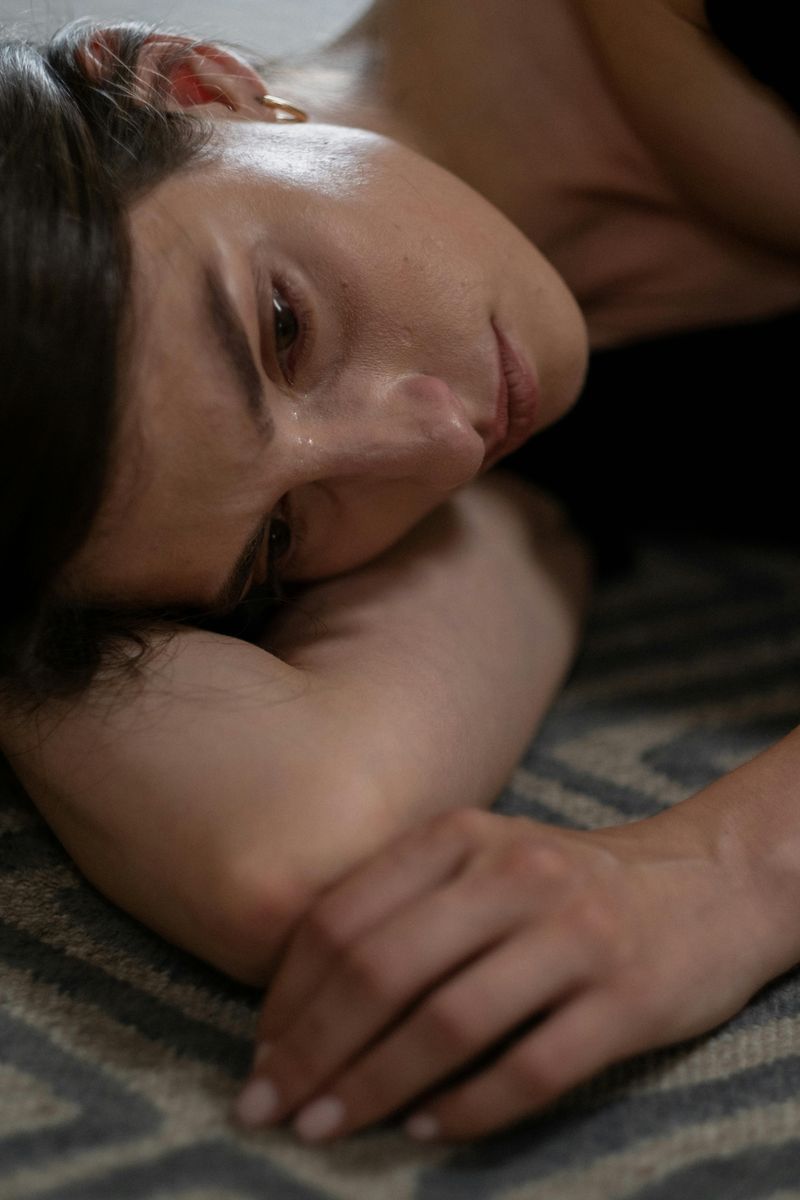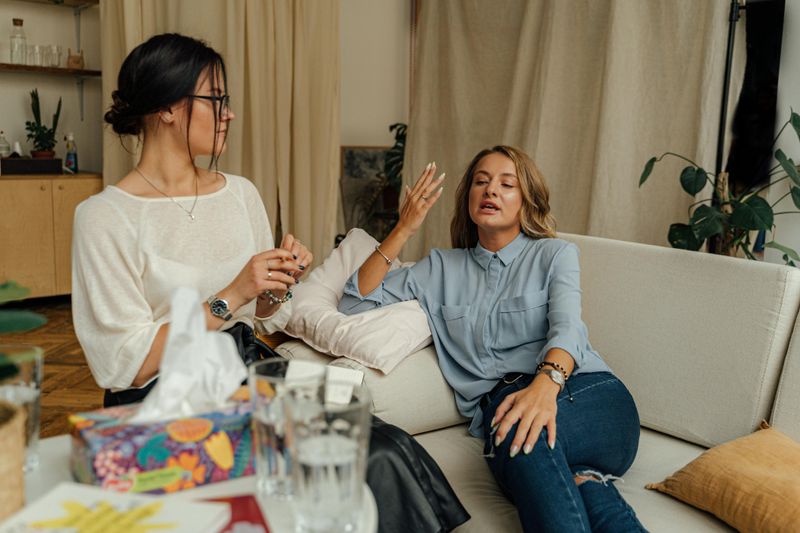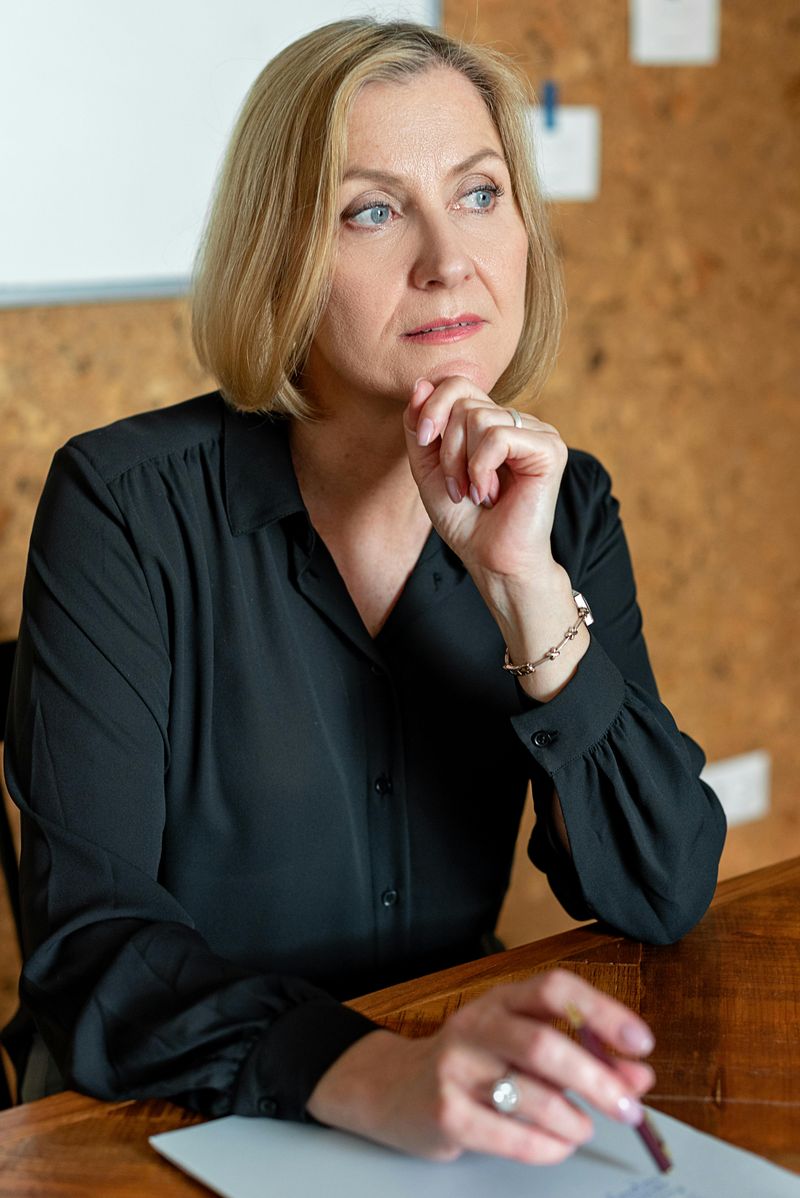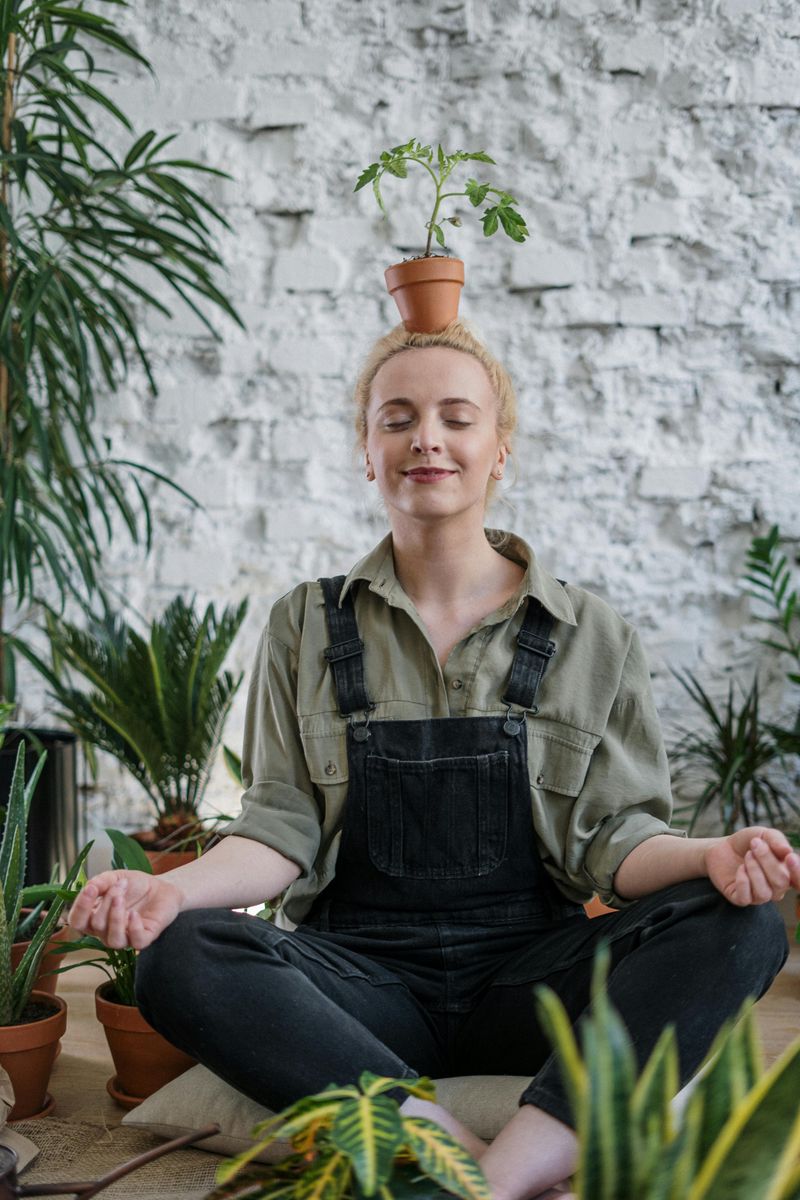Growing up isn’t always easy, and sometimes experiences from our past leave invisible marks that affect us for years. The good news is that healing is possible, and it often happens in small, quiet ways we might not even notice at first. Recognizing these subtle changes can help you see just how far you’ve come on your journey toward emotional wellness and self-discovery.
1. You Acknowledge Your Need for Healing
Admitting that something needs fixing is often the hardest step. Many people spend years pretending everything is fine, even when they feel broken inside. When you finally accept that your past hurt you and that healing is necessary, you’ve already started the journey.
This awareness doesn’t make you weak or damaged. Actually, it shows incredible strength and self-awareness. Recognizing your wounds means you’re ready to face them instead of running away.
Most people avoid this truth because it feels scary or uncomfortable. But once you acknowledge it, real change becomes possible.
2. You Notice Old Wounds More Clearly
Remember when certain situations upset you, but you couldn’t explain why? Now you’re connecting the dots between your reactions and past experiences. Understanding where your pain comes from brings clarity that once seemed impossible.
You might realize why crowded rooms make you anxious or why criticism stings so deeply. These insights don’t appear overnight. They emerge gradually as you become more honest with yourself about what really happened back then.
Seeing your wounds clearly is like turning on a light in a dark room. Suddenly, you understand yourself in ways that bring both relief and sadness.
3. You See Patterns in Your Behavior
Have you noticed that you keep choosing the same type of friends or partners? Patterns reveal themselves when you’re ready to see them. Maybe you always apologize first, even when you’re not wrong, or perhaps you avoid conflict at all costs.
These repeated behaviors usually stem from childhood experiences. When you start recognizing them, you gain power over them. Instead of acting automatically, you can pause and choose differently.
Identifying patterns feels like solving a puzzle about yourself. Each piece you place helps you understand why you do what you do, making change feel less overwhelming and more achievable.
4. You Take More Responsibility for Your Life
Blaming others used to feel easier than looking at your own choices. Now you’re owning your decisions, both good and bad. This doesn’t mean everything is your fault, but you recognize what you can control versus what you can’t.
Taking responsibility isn’t about guilt or shame. It’s about recognizing your power to shape your future differently than your past. You stop waiting for others to fix things and start making changes yourself.
This shift feels liberating once you embrace it. Sure, bad things happened to you, but you’re no longer letting those experiences write your entire story moving forward.
5. You Start Breaking Harmful Patterns
Awareness is one thing, but action is another. You’re not just seeing your unhealthy habits anymore—you’re actively changing them. Maybe you’re speaking up instead of staying silent, or choosing healthier relationships instead of toxic ones.
Breaking patterns feels uncomfortable at first because the old ways are familiar, even when they hurt. Your brain wants to stick with what it knows. But you’re pushing through that discomfort because you know better outcomes wait on the other side.
Each time you choose differently, you weaken the old pattern’s hold. These small victories add up over time, creating lasting change.
6. You Set and Maintain Healthy Boundaries
Saying no used to feel impossible, like you were being mean or selfish. Now you understand that boundaries protect your energy and well-being. You’re learning that caring for yourself doesn’t make you a bad person.
Healthy boundaries mean you don’t let others treat you poorly just to keep the peace. You walk away from situations that drain you, and you don’t feel guilty about it anymore. This takes practice, especially if you grew up believing your needs didn’t matter.
People might not like your new boundaries at first. That’s okay because you’re finally putting yourself first in a balanced, healthy way.
7. You Recognize and Manage Your Triggers
Certain words, places, or situations used to send you spiraling without warning. Now you can identify what triggers you before it completely takes over. You might feel your heart racing or your chest tightening, and you actually notice it happening.
Managing triggers doesn’t mean they disappear entirely. It means you have tools to handle them when they show up. You might take deep breaths, step away from the situation, or remind yourself that you’re safe now.
This awareness gives you back control. Instead of being ambushed by your emotions, you’re learning to navigate them with compassion and patience toward yourself.
8. Your Inner Critic Quiets Down
That harsh voice in your head used to be constant, telling you that you weren’t good enough. Lately, it’s been getting quieter. You’re catching those negative thoughts and questioning whether they’re actually true.
Your inner critic probably sounds like someone from your past—a parent, teacher, or bully. Recognizing this helps you separate their voice from your own truth. You’re learning to speak to yourself with kindness instead of cruelty.
Some days the critic still shows up loudly, but overall, it’s losing power. You’re replacing harsh judgments with understanding, creating space for self-compassion to grow stronger each day.
9. You Allow Yourself to Feel Emotions
Pushing feelings down used to be your survival strategy. Crying felt weak, anger felt dangerous, and sadness seemed endless. Now you’re letting yourself actually feel whatever comes up, even when it’s uncomfortable or messy.
Emotions aren’t your enemy anymore. You’re discovering that feeling them doesn’t destroy you—it actually helps them pass through more quickly. When you stop fighting your feelings, they lose their power to control you from the shadows.
This emotional honesty brings relief you didn’t expect. You’re no longer carrying the exhausting weight of suppressed feelings, and that freedom feels incredibly healing.
10. You Seek or Accept Help and Support
Asking for help used to feel like admitting defeat. You thought you had to handle everything alone, just like you did as a kid. Now you understand that seeking support is actually a sign of wisdom and strength.
Maybe you’ve started therapy, joined a support group, or opened up to trusted friends. Whatever form it takes, you’re letting people in instead of isolating yourself. This connection reminds you that you don’t have to carry your burdens solo.
Accepting help feels vulnerable, but it’s also deeply healing. You’re learning that needing others is part of being human, not a weakness to hide or feel ashamed about.
11. You Reconnect with Joy or Playfulness
Childhood wounds often steal your ability to experience pure joy. Everything felt serious and heavy for so long. Recently, though, you’ve noticed moments of genuine happiness bubbling up—maybe while listening to music, spending time in nature, or being silly with friends.
Playfulness might feel strange at first, like you’re doing something wrong. You’re not. You’re reclaiming a part of yourself that got buried under survival mode and pain.
These moments of lightness prove that healing is working. Joy doesn’t erase your past, but it shows you that your present can hold beauty, laughter, and hope alongside the harder stuff.
12. You Trust Your Own Thoughts and Decisions More
Second-guessing yourself used to be automatic. You constantly sought validation from others because trusting your own judgment felt impossible. Now you’re noticing that you can make decisions without endless reassurance from everyone around you.
This self-trust grows slowly, built through small choices that turn out okay. You’re learning that your instincts and thoughts have value, even when they differ from what others think. Your inner compass is getting stronger and more reliable.
Trusting yourself doesn’t mean you’re always right. It means you believe you can handle whatever comes, even if you make mistakes along the way.
13. You Believe in Gradual Change and Growth
You used to expect instant transformation or nothing at all. Now you understand that healing happens in tiny steps, not dramatic leaps. Some days feel like progress, while others feel like setbacks, and you’re learning to accept both.
This patience with yourself is actually a huge sign of growth. You’re not demanding perfection or beating yourself up for taking time. Real change happens slowly, like a plant growing—you can’t see it happening daily, but looking back, the growth becomes obvious.
Believing in gradual progress means you’re in this for the long haul. You’re committed to becoming healthier, even when the journey feels slow or difficult.
